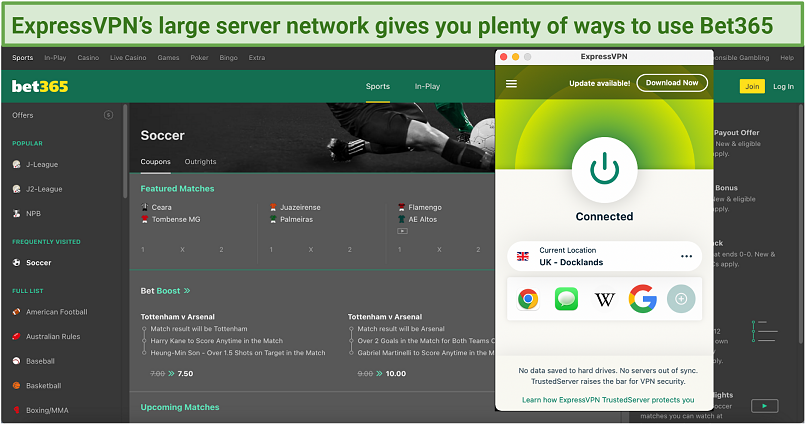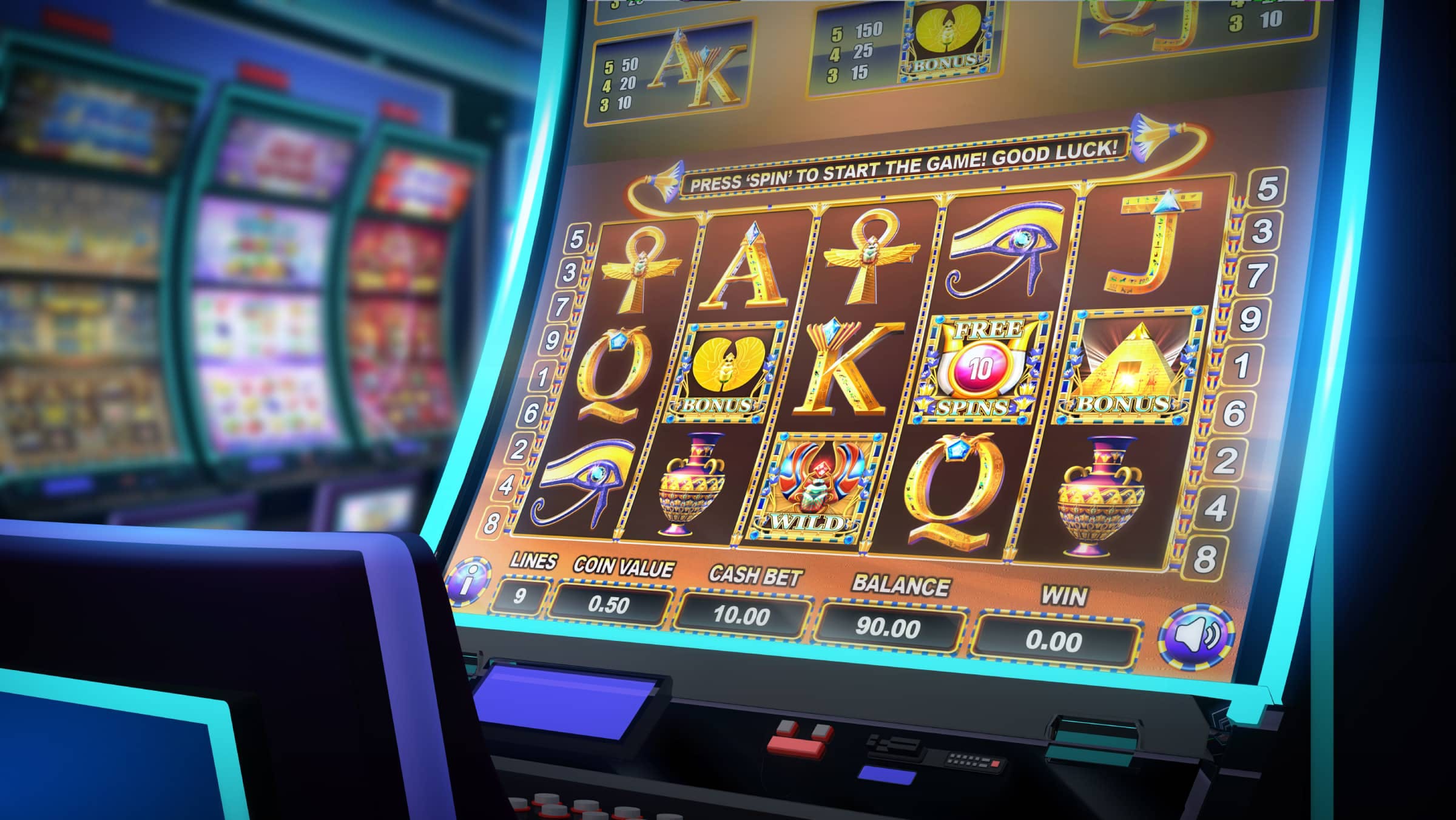Introduction
Sports betting is an integral part of the global gambling landscape, and Greece is no exception. Online casino Playzilla and sports betting platforms in the country have become increasingly popular, with millions of euros wagered each year. However, an issue that continues to plague the integrity of sports betting in Greece—and globally—is match-fixing. This malicious activity not only tarnishes the credibility of sporting events but also threatens the foundation of the betting industry itself.
This article delves deep into the phenomenon of match-fixing, how it affects sports betting in Greece, and the broader consequences on the local economy, sports integrity, and gambling regulations. Additionally, we will explore how the rise of online betting platforms and casinos plays a role in either mitigating or exacerbating this issue.
What is Match-Fixing?
Before we dive into its impact, it’s crucial to understand what match-fixing is. Match-fixing refers to the manipulation or corruption of the outcome of a sporting event in order to benefit financially from betting on the rigged result. This unethical practice often involves players, coaches, referees, and even team officials, and it typically occurs when those involved in the match stand to gain substantial sums from betting markets.
In the context of Greek sports, match-fixing has been linked to various games across multiple disciplines, including football, basketball, and tennis. Its presence in these sports, where betting is particularly prominent, has raised concerns among both fans and regulators alike.
The Growth of Sports Betting in Greece
Over the past two decades, Greece has seen a dramatic increase in the popularity of sports betting. This surge can be attributed to both the cultural significance of sports in the country and the advent of online platforms that allow users to place bets at their convenience.
The launch of the Greek National Lottery’s OPAP (Organisation of Football Prognostics) in 1958 laid the foundation for organized betting in the country. However, the real transformation occurred with the introduction of online sports betting in the early 2000s. Online casinos and sportsbooks provided a wide array of betting options, from traditional bets to more niche offerings like e-sports and virtual sports, further increasing the popularity of gambling among Greek citizens.
Legal Landscape of Gambling in Greece
To understand the full impact of match-fixing on sports betting, one must consider the legal framework that governs the gambling industry in Greece. The country has been quite proactive in regulating gambling, passing several laws over the years to curb illegal activities. The most recent legislation, the 2019 gambling law, legalized online betting platforms and required international operators to apply for licenses to operate in Greece.
Despite the regulatory efforts, the black market for betting remains a significant concern. Many illegal, unregulated platforms continue to thrive, contributing to the lack of oversight that facilitates match-fixing activities. While OPAP is the primary licensed betting operator, numerous online sportsbooks and casinos still operate without sufficient regulation, increasing the likelihood of illicit gambling activities that can fuel match-fixing.
Match-Fixing and Its Link to Sports Betting
The relationship between match-fixing and sports betting is complex. The betting markets offer enormous financial incentives for those willing to manipulate the outcome of a match, especially in high-stakes games or events with large betting pools. This creates an environment ripe for corruption, where unscrupulous individuals or groups can profit from rigged results.
In Greece, the correlation between sports betting and match-fixing is particularly evident in football and basketball, two of the most popular sports for betting in the country. The ease with which bettors can access online sportsbooks and casinos has amplified the risks of manipulation, as players and officials may feel more pressure to take part in match-fixing to cover up debts or as a result of external threats from organized crime syndicates.
The Role of Organized Crime in Match-Fixing
One of the most troubling aspects of match-fixing in Greece is its connection to organized crime. Greek sports have long been susceptible to corruption, and criminal syndicates often take advantage of the large sums of money involved in betting. These syndicates may approach athletes, coaches, or officials to influence the outcome of games, sometimes through intimidation, bribery, or even threats of violence.
The rise of online casinos and international betting platforms has made it more difficult for authorities to track illegal activities, as many of the wagers placed on manipulated matches are done through anonymous or foreign operators. This anonymity complicates the investigation and enforcement efforts against match-fixing, making it harder for Greek law enforcement to dismantle these criminal networks.
The Impact of Match-Fixing on the Integrity of Sports
The consequences of match-fixing extend beyond the financial implications for bettors and casino operators. At its core, match-fixing undermines the very integrity of sports. When the outcome of a match is pre-determined, it creates an unfair playing field, affecting the athletes, teams, and fans who invest their time and money into following the competition.
Fan Trust and Loyalty
Fans are often the most affected by match-fixing. Greek sports fans, particularly those following football teams like Olympiacos and AEK Athens, invest deeply in their favorite teams. The revelation that a match has been fixed can lead to a significant loss of trust in the sport. This damages fan loyalty, which is critical for the success of any sport or team. If people believe the results are not genuine, they may stop watching games or, worse, stop placing bets entirely, affecting both the sports’ popularity and the betting market.
Athlete Reputation
For athletes, being associated with match-fixing can be career-ending. Many Greek football players, basketball stars, and other athletes face pressure from criminal groups to fix matches, and once these players are caught, they often face suspensions, fines, or lifetime bans from competition. The reputational damage is not limited to the athletes themselves but also affects the teams and sports organizations they represent.
The Economic Impact on Sports Betting
Beyond the social and cultural effects, match-fixing has a significant economic impact on the sports betting industry in Greece. It leads to a loss of public confidence, reduced betting volumes, and, ultimately, diminished revenues for both licensed operators and the government.
Reduced Betting Turnover
Match-fixing scandals can result in a decline in betting turnover as consumers become wary of placing bets on games that may be rigged. This has a knock-on effect on both online casinos and sportsbooks, leading to lower revenues for these operators. For the Greek government, this means a reduction in tax revenue generated from legal betting activities, which could be used to fund public services or sports development programs.
The Role of Online Casinos and Sportsbooks
Online casinos and sportsbooks in Greece are not immune to the effects of match-fixing. When a fixed match is discovered, it can lead to an investigation by authorities, and the betting operator may face reputational damage. This, in turn, can drive customers away and reduce overall participation in betting markets. For casinos that operate online, where competition is fierce and the market is becoming more saturated, the effects of match-fixing scandals are especially harmful.
However, not all is lost. In some instances, reputable betting operators have worked with sports authorities to detect and prevent match-fixing. Through sophisticated algorithms and partnerships with sports integrity organizations, these companies can help identify suspicious betting patterns and alert authorities before a match is manipulated.
Combating Match-Fixing in Greece
In response to the increasing prevalence of match-fixing, Greece has taken several measures to combat the issue. These include stricter regulations, enhanced monitoring of betting activities, and international cooperation to target organized crime syndicates.
Stricter Regulations and Oversight
The Greek government has implemented stricter regulations regarding online betting and gambling in general. Licensed operators are now required to adhere to stringent rules about reporting suspicious betting activity and are subject to audits to ensure compliance with anti-fixing measures. While these regulations have been effective in curbing some aspects of match-fixing, they are not foolproof, especially given the high volume of unlicensed gambling activity.
Monitoring Suspicious Betting Patterns
Betting companies in Greece are increasingly relying on data analytics to identify unusual betting patterns that may indicate match-fixing. These tools are designed to track large or unreasonably high wagers placed on certain outcomes, which could signal that the game has been compromised. This data is then shared with regulators and sports authorities, who can investigate and take action if necessary.
International Cooperation
Given the global nature of online betting and match-fixing syndicates, international cooperation is essential in the fight against this issue. Greece works with organizations such as the International Olympic Committee (IOC) and the European Sports Security Association (ESSA) to share information and resources aimed at identifying and preventing match-fixing activities. This collaboration extends beyond national borders, making it more difficult for criminals to exploit loopholes in the system.
Conclusion
Match-fixing represents a serious challenge to the integrity of sports betting in Greece. Its impact extends far beyond the immediate financial consequences, affecting fans, athletes, and the entire sports industry. While online casinos and sportsbooks offer significant opportunities for revenue generation, they must work collaboratively with authorities to ensure the integrity of their betting markets.
The Greek government’s ongoing efforts to strengthen regulations, monitor betting activities, and collaborate internationally are crucial in addressing this issue. However, the fight against match-fixing will require continued vigilance, both on the part of regulators and industry stakeholders, as well as the broader sports community. Only by confronting the problem head-on can Greece protect its sports betting landscape and preserve the integrity of the games that its people love.

























